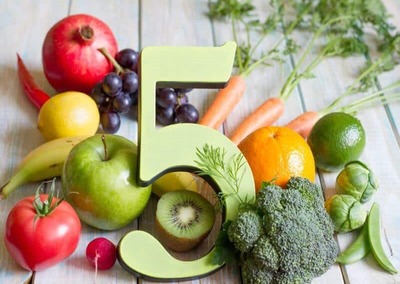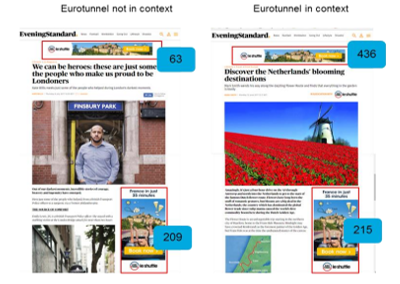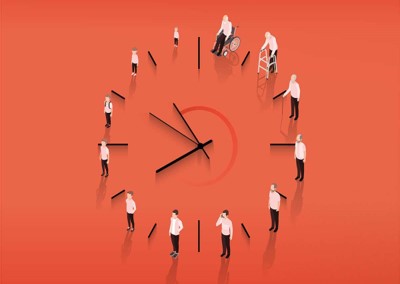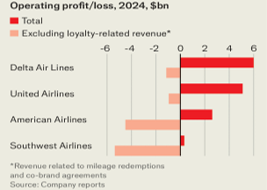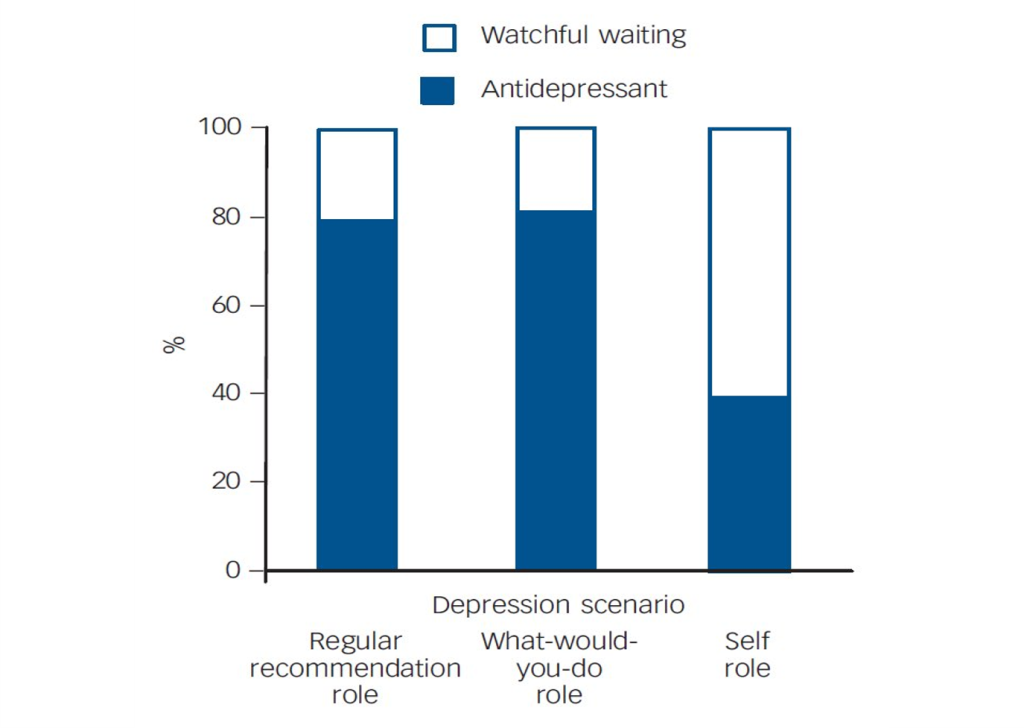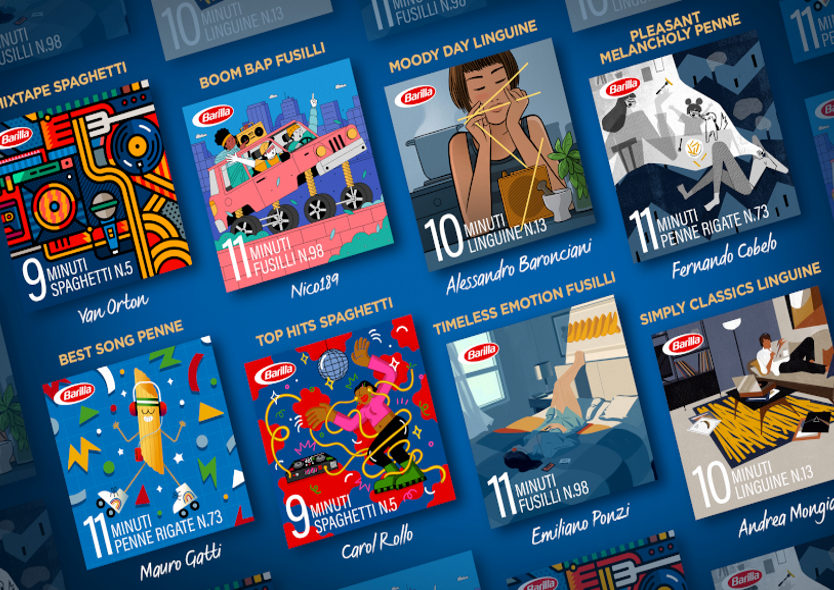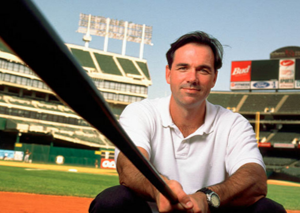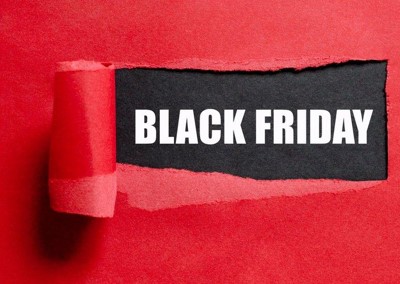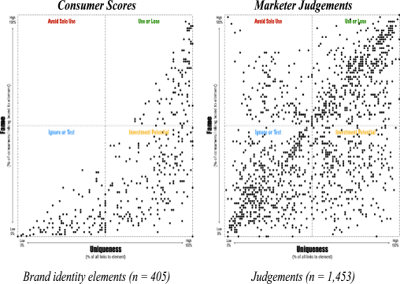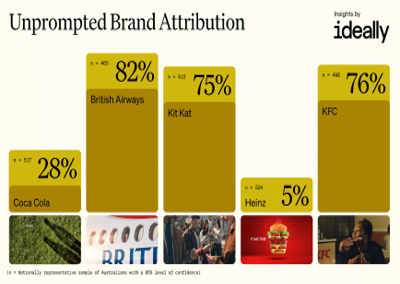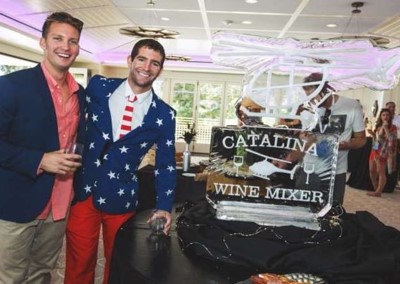In 1945, the dividing line between North and South Korea was chosen by two young American statesman with almost no expertise on the matter. They conceded the division “made no sense economically or geographically,” but it was based on the feeling that “Seoul, the capital, should be in the American sector.” The division later formed part of the demilitarised zone which has served as the border between the two countries ever since.
Sam Salama
In the 1990s, awareness of the 5 a day rule sky rocketed from 8% to 39%. But the corresponding behaviour remained unchanged: the proportion of Americans getting the right intake stayed at 11%.
During Covid-19, in the absence of in person exams, the government created an algorithm to assign A-level grades. It was designed to be fair – based on historic school results and teachers’ assessments of individual students – but it ended up discriminating against students from poorer backgrounds, whose past performance was typically worse and whose class sizes tended to be bigger.
A Eurotunnel ad gets 7x the amount of attention if it’s placed at the top of a relevant page (in this case an article about the Netherlands). Where you say something is just as important as what you say.
While our age increases linearly, the way we age doesn’t. Research suggests that rather than being a slow and steady process, ageing occurs in at least two accelerated bursts at around ages 44 and again at 60 – where we see disproportionate changes in molecules linked to cardiovascular disease, immune regulation, and metabolism.
Airlines transport people from A to B, but that’s not where the profit is. All the major US airlines would be operating at a loss without the revenue from their loyalty programmes: banks paying airlines a steady stream of income and in turn offering customers points when they spend.
79% of psychiatrists recommended immediate antidepressant treatment for depression, but only 39% would follow that recommendation themselves. If you want to get to the heart of an issue, ask someone: “what would you personally do in this situation?”
Barilla, the pasta maker, has released a series of Spotify playlists with a twist: their duration corresponds to the cooking time its most loved pasta shapes. A great way of practically helping consumers – who no longer need to set a timer – and also making the brand more salient at key moments.
The brains behind Moneyball, and a figurehead for sport’s analytics revolution, owes his success to one trait: “Being the dumbest guy in my own room.” It was this ignorance that allowed him to see opportunities – and find players – that no one else was looking for.
A Black Friday discount may feel beneficial, but in reality it’s probably not. According to Which?, only 2% of deals are a genuine bargain – the remaining 98% are cheaper or the same price at another point throughout the year. In other words you will rarely lose out by avoiding Black Friday, despite the fancy framing.
Marketers significantly overestimate the recognition of their distinctive brand assets vs consumers (by an average of 40%!). A reminder why it’s so important to conduct consumer research and not solely rely on marketers’ judgements.
Most marketers understand the importance of long-term brand building, but the real challenge is convincing their seniors to buy into it. Helpfully, Mark Ritson outlines seven tactics to improve the chances of success, from sourcing case studies (“pick big impressive brands, in your sector or outside it”) to explaining the why (i.e. what’s in it for them).
Advertisers sometimes leave out well known brand assets from their work, assuming that consumers will still recognise the brand. But research shows this couldn’t be more wrong – for example, only 5% recognised a recent Heinz ad which had shunned its logo and packaging. A timely reminder that marketers don’t think like their audience.
Fans of Step Brothers will be pleased to know that the film’s iconic event is now a reality. Every year since 2015, the Catalina Island Company (just off California) has paid homage to the film with a two-day celebration full of music, wine, and quotes from the characters.
It’s not just one of the world’s biggest religions – it’s also the largest non-government provider of health care services, with 18,000 clinics and 5,500 hospitals. All in all, the Church manages 26% of the world’s health care facilities.


